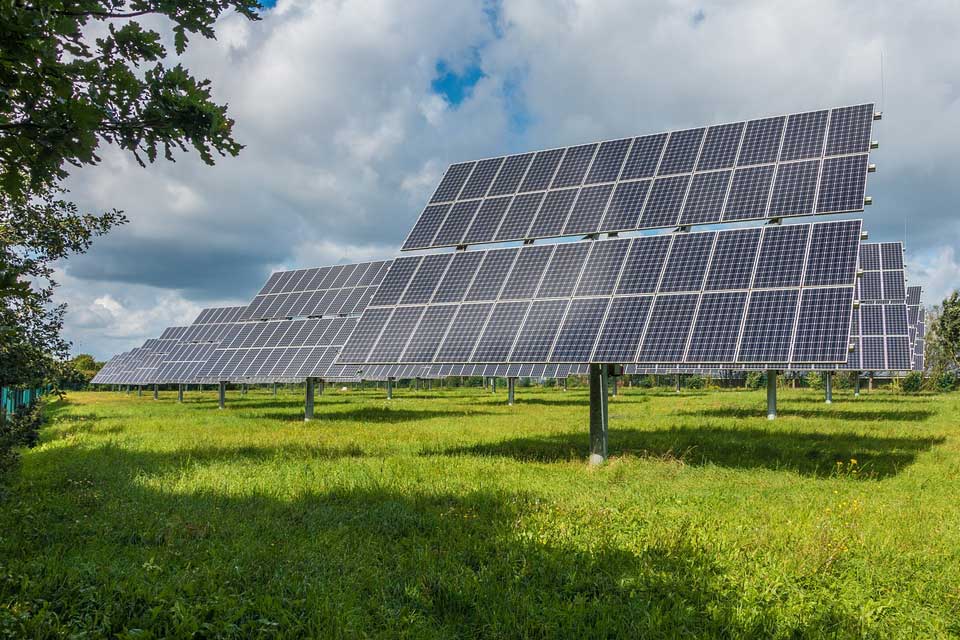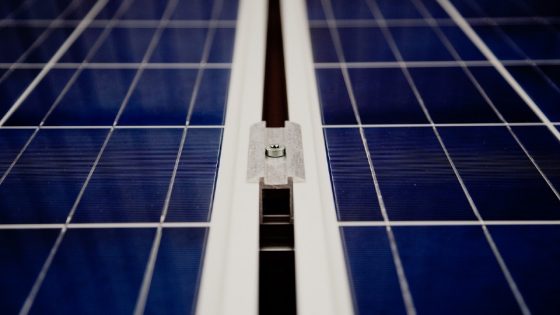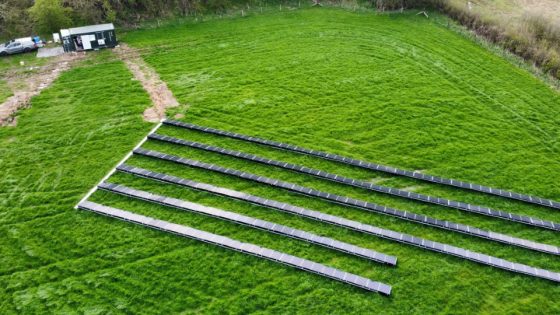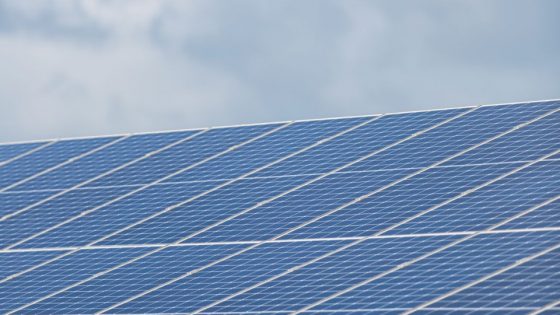Transitioning to solar power is an excellent move for businesses, both from an environmental and economic standpoint. Solar Photovoltaic (PV) systems can help businesses reduce their carbon footprint and energy costs. However, sourcing the right Solar PV solutions requires careful consideration of several factors. Here’s what businesses should keep in mind…
- Assessment of Energy Needs: Before committing to a particular Solar PV system, businesses need to analyse their energy consumption. A detailed energy audit will help ascertain the size and capacity of the system required. It’s not just about meeting present demands; consider future growth and expansion plans which might increase energy needs.
- Budget and Costing: Solar PV systems are a significant investment, but the costs can vary depending on the quality, brand, and capacity. Ensure that the budget accounts not just for the immediate installation but also potential maintenance, upgrades, and any incentives or tax rebates available. Over time, the system will pay for itself in energy savings, but initial financial planning is crucial.
- Quality and Warranty: Not all solar panels are created equal. Businesses should source panels from reputable manufacturers that offer warranties. While it might be tempting to opt for cheaper panels, quality panels are more efficient, have a longer lifespan, and can result in greater long-term savings.
- Installation and Maintenance: The effectiveness of a solar PV system is not just about the panels but also about their installation. A poorly installed system can underperform. Ensure that the provider has experience, proper credentials, and can offer regular maintenance services. Some providers also offer training for in-house teams to handle minor issues.
- Location and Positioning: The geographical location of the business, the angle of the roof, potential shading, and other factors can influence the efficiency of solar panels. Businesses should consult with providers to ascertain the best positioning to maximise sunlight exposure.
- Regulatory and Licensing Requirements: The installation of solar PV systems in the UK is subject to various regulations. Ensure you’re compliant with all local and national laws, and acquire necessary permissions or licenses before installation. This not only avoids legal complications but might also make you eligible for grants or incentives.
- Environmental Impact and Sustainability Goals: Besides the direct benefits of reduced energy costs, businesses should consider the broader picture. Adopting solar energy can significantly enhance a company’s sustainability credentials, which is becoming an increasingly vital factor for stakeholders, partners, and consumers.
- Backup and Storage Solutions: To maximise the benefits of a Solar PV system, consider integrating energy storage solutions. Batteries can store excess energy generated during peak sunlight hours, which can then be used during periods of low sunlight or during nighttime.
- Monitoring and Upgrades: Technology is constantly evolving. Businesses should ensure they have mechanisms to monitor the efficiency of their solar systems and be open to necessary upgrades or additions in the future.
Transitioning to Solar PV systems is a commendable step for businesses, blending both financial prudence and environmental responsibility. However, to extract the maximum benefit, it’s essential to approach the transition with research, planning, and foresight.
Are you researching Solar PV for your business? The Energy Management Summit can help!






